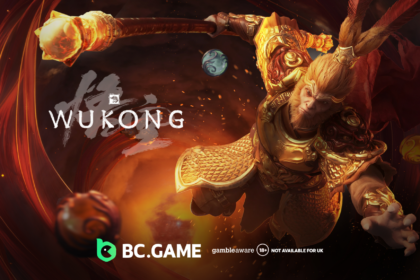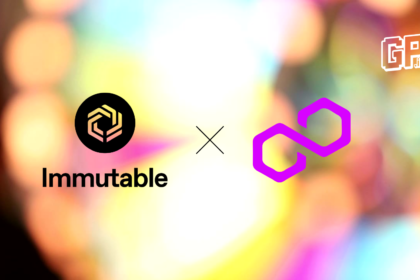The dawn of a new era had just begun as Althea AI and Polygon Labs announced their collaboration on a revolutionary project based on artificial intelligence.
Taking the world by storm, the parties announced that they would be introducing an NFT project based on AI, allowing users to create an NFT avatar by giving text prompts to the AI.
CharacterGPT, created by Alethea AI, went beyond the traditional text-to-image mechanisms, allowing users to not only create art with the AI, but also teach it. For example, a user could create an avatar and train it to recognize different objects, such as cars, buildings, or even trees.
The AI was also taught to understand more abstract ideas and concepts, enabling it to be able to understand a person’s sentiment and emotion. This technology was a breakthrough, as it could essentially be used to create a unique digital avatar with a unique personality.
The idea of creating and training a digital avatar and then selling it as an NFT was unprecedented. It was a revolutionary concept that opened up the world of digital art to those who had previously been unable to participate.
People were excited to be able to create an avatar that was truly unique, something that was impossible before the invention of this technology. People now had a way to create a digital representation of themselves that was completely unique and could be sold as an NFT on the Polygon blockchain.
The possibilities for this technology were endless, and people were eager to explore what it had to offer. Soon, Alethea AI and Polygon Labs had a booming business, with people creating and selling their own NFT avatars all over the world.
The world was now filled with digital avatars that were truly unique and special, each with its own personality and story. It seemed like a dream come true, and it was all thanks to Althea AI and Polygon Labs.








